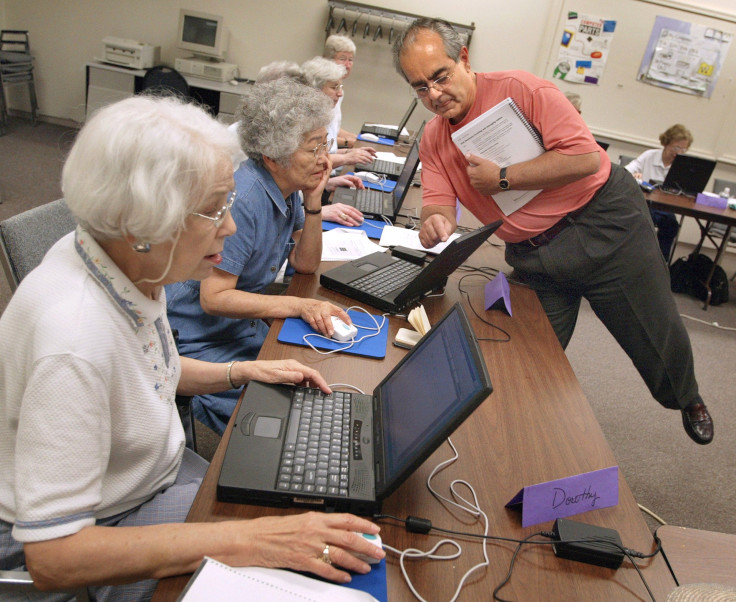What Does Discrimination Look Like Today? Supreme Court Could Decide How Employers Can Screen Resumes

The internet has been a boon for employers seeking to fill positions. They can now post job listings on a variety of forums, use software to scan piles of resumes for keywords and — according to a lawsuit that could appear before the Supreme Court — discriminate like never before.
Villareal v. R.J. Reynolds is an age discrimination case that could set a precedent for how the courts view age discrimination in the digital age. The case centers around Richard Villarreal, who applied for a job as a territory manager at R.J. Reynolds Tobacco in 2007, when he was 49. Villarreal didn't get the job, and he didn't follow up after not getting a response from Reynolds. Then in 2010, Villarreal was contacted by a San Francisco law firm, which told him the reason he wasn't hired was that he was too old.
A whistleblower had contacted the firm and told them Reynolds had provided a set of guidelines to a contractor for filtering resumes. One of the guidelines stated the contractor should stay away from anyone who had been in "sales for 8-10 years." Villarreal's attorneys sued Reynolds and argued this kind of bias against experience and age is illegal under the Age Discrimination in Employment Act, which was passed in 1967 and prohibits workplace discrimination against people 40 or older.
Lower courts have sided with Reynolds, ruling that because Villarreal didn't "diligently" pursue why he wasn't hired he couldn't seek damages. As anyone who applies for jobs on the internet knows, this interpretation of the law seems hopelessly antiquated. But the other argument advanced by Reynolds, which lower courts have agreed with, is that bias claims can't be made by job seekers, only employees.
"If this case stands, it will make it harder for individuals later in their work lives to prove they faced discrimination. It will mean less protection for older workers under the key federal law designed to protect against age bias," Sandra Sperino, an employment discrimination specialist and law professor at the University of Cincinnati, told United Press International.
As the U.S. population continues to age, and as employers and job applicants continue to be separated by digital interfaces, the question of how to prove discrimination in hiring will become more and more relevant, which is why the Supreme Court is debating whether to decide Villarreal's case.
© Copyright IBTimes 2024. All rights reserved.












